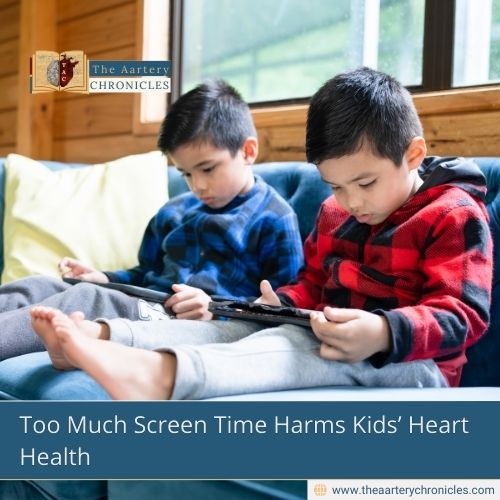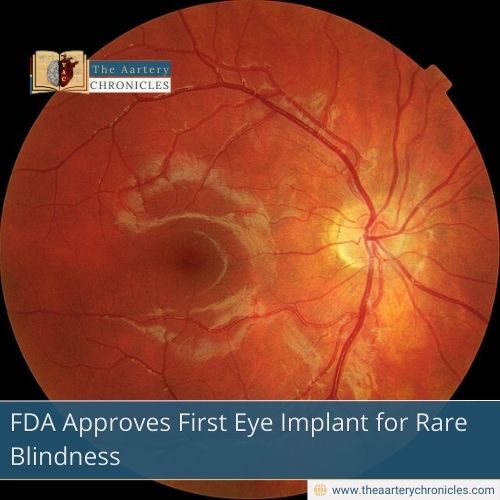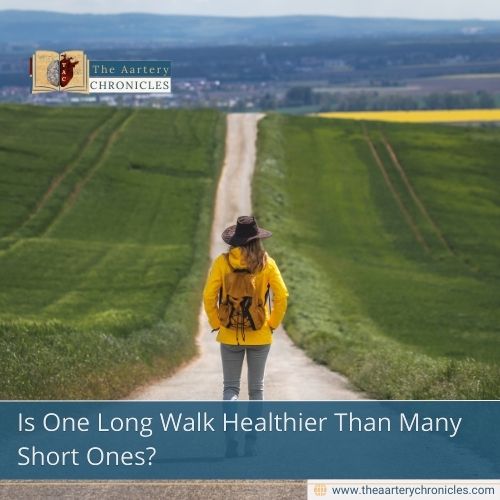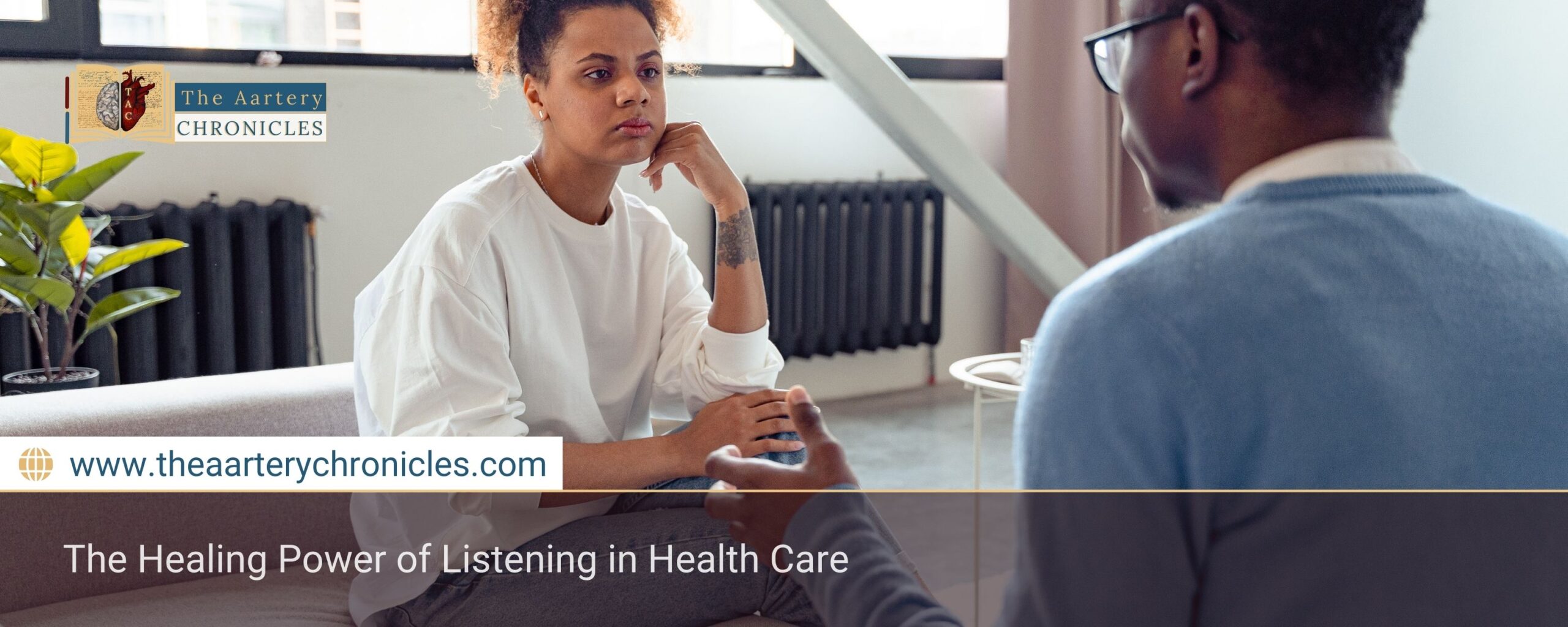
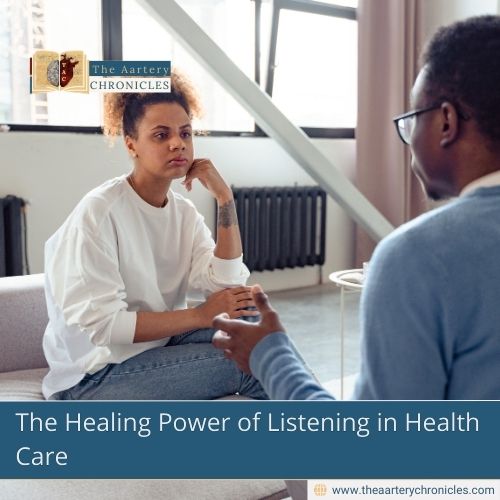
Why Listening Is Key to Better Patient Care
Summary: The current rapid pace of healthcare operations leads to the disappearance of genuine listening practices. Experts demonstrate that values-driven listening, which combines curiosity with presence and compassion, creates a transformative effect on patient care while building trust and healing the healthcare system.
Why Listening May Be the Most Powerful Medicine
When did your doctor last give you his full attention? Health care systems today focus on efficiency above all else, so listening has evolved from a courtesy into a fundamental healing tool. Dr. Leonard Berry from Texas A&M University joined forces with the Institute for Healthcare Improvement and Henry Ford Health experts to write an article about how listening improves patient results and changes healthcare delivery systems. The research team at Mayo Clinic Proceedings published their study about “values-driven listening” in their findings.
What Is Values-Driven Listening?
Listening in health care goes beyond politeness. Researchers describe values-driven listening as being present, asking meaningful questions, and showing genuine curiosity and compassion.
“Listening is the gateway to healing,” says Dr. Berry. “It’s how we connect, understand, and ultimately serve better.”
A Nurse, A Blue Shirt, and a Lesson in Compassion
One story illustrates the profound impact of listening. A nurse in a Norwegian nursing home asked a patient, “What would make a good day for you?”
The patient replied, “I want to wear my blue shirt.”
When asked why, he explained, “That was my wife’s favorite shirt. She died two years ago today, and I want to honor her.”
The patient reminisced about his wife with the nurse and later asked for a wheelchair so he could share memories with others — his first time requesting social interaction in the facility.
“That’s not a medical breakthrough, it’s a human one,” Berry notes.
Six Strategies for Listening That Heal
Researchers outlined six forms of listening that can revolutionise care:
- Listening That Is Proximate
Physical presence matters. A provider who sits with you in a calm setting can learn more than from rushed notes. Being close, focused, and attentive builds trust, making shared decisions easier.
- Listening That Is Curious
Curiosity fuels connection. Open-ended questions like,
“What are your concerns about the care plan?” encourage dialogue, unlike a quick, “Any questions?”
- Listening That Builds Trust
Trust grows when providers give undivided attention, avoid judgment, and value your input. At Henry Ford Health, some doctors utilise AI note-taking tools to enable them to focus fully on their patients.
- Listening Aided by Design
The design of clinics affects communication. Cozy “talking rooms” at Southcentral Foundation in Alaska replace sterile settings with warm, inviting spaces that foster meaningful conversation.
- Listening That Empowers Action
Listening must lead to improvement. At Hawaii Pacific Health, a program called “Getting Rid of Stupid Stuff” eliminated unnecessary tasks, saving nurses 1,700 hours monthly. Empowering staff to speak up improves efficiency and morale.
- Listening That Fosters Resilience
Health care is demanding. Supporting caregivers with peer connection and reflection time helps reduce burnout, enabling them to care for patients more effectively.
Listening Is Kindness And A Necessity
Berry and colleagues conclude that deep listening benefits everyone
- Patients
- Clinicians
- Leaders
It’s a cultural shift rooted in one question: “Do you care enough to listen?”
For patients, this means feeling empowered to share experiences and concerns without hesitation.
“Your insights are essential,” says Berry. “When care teams listen with empathy and curiosity, it leads to better decisions, stronger relationships, and truly personalised care.”
Kindness is not a luxury in health care. It’s a necessity. And listening is one of its most powerful expressions.

Dane
I am an MBBS graduate and a dedicated medical writer with a strong passion for deep research and psychology. I enjoy breaking down complex medical topics into engaging, easy-to-understand content, aiming to educate and inspire readers by exploring the fascinating connection between health, science, and the human mind.



